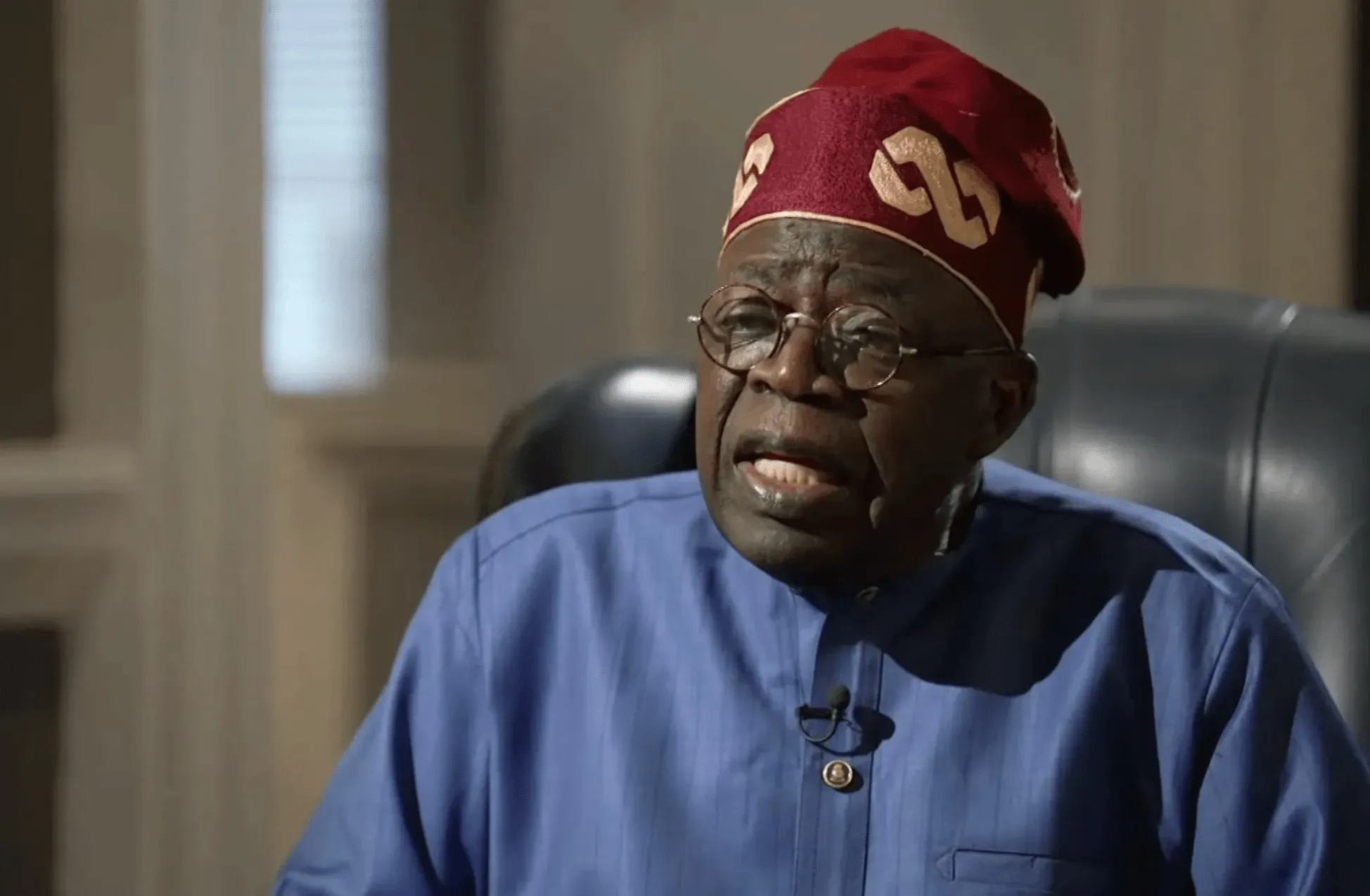The Federal Government of Nigeria spent a staggering ₦8.94 trillion on debt servicing in the first nine months of 2024, representing 47% of its total expenditure for the period.
This figure, derived from the Central Bank of Nigeria’s (CBN) quarterly statistical bulletin, marks a 56.8% increase from the ₦5.69 trillion spent on debt servicing in the same period of 2023.
The escalating cost of debt servicing underscores the deepening strain of Nigeria’s debt obligations, exacerbated by persistent fiscal deficits.
Debt servicing consumed 147% of Nigeria’s retained revenue in the first nine months of 2024, a significant increase from the 132% recorded in the same period in 2023.
With total retained revenue at ₦6.08 trillion, debt servicing costs exceeded revenue, signaling an alarming reliance on borrowing to fund both budgetary operations and existing debt obligations.
Recurrent spending rose sharply by 45.6% to ₦15.11 trillion, compared to ₦10.38 trillion in 2023. Key components of recurrent expenditure include:
Capital spending increased by 20.8% to ₦3.86 trillion from ₦3.19 trillion in 2023. However, the rise in capital expenditure remains modest relative to recurrent spending, highlighting the challenge of balancing debt obligations with critical investments in infrastructure and development.
The fiscal deficit expanded by 39.3%, growing from ₦9.25 trillion in 2023 to ₦12.89 trillion in 2024. This widening gap between revenue and expenditure reflects Nigeria’s persistent fiscal challenges, compounded by escalating debt servicing costs.
During Nigeria’s 64th Independence Anniversary broadcast, President Bola Tinubu claimed his administration reduced the debt service-to-revenue ratio from 97% to 68%. However, the latest CBN data contradicts this, showing a worsening ratio of 147% in 2024.
READ ALSO: Edun struggles as senate demands answers for subsidy, debt servicing, budget implementation
Tileriwa Adebayo, CEO of CFG Advisory, criticized the fiscal policies of the current administration, citing the planned increase in debt servicing costs from ₦8 trillion in 2024 to an anticipated ₦16 trillion in 2025 as a “red flag.”
“The escalating cost of debt servicing outweighs critical national expenditures, including defence, infrastructure, health, and education combined,” Adebayo warned.
He advocated for restructuring Nigeria’s financial commitments and exploring alternative financing strategies, including the sale of key government assets, to ease the debt burden.
The growing debt servicing burden, coupled with a widening fiscal deficit and limited fiscal space, raises serious concerns about Nigeria’s economic sustainability.
Analysts are urging the Federal Government to adopt comprehensive reforms aimed at reducing dependency on borrowing while prioritizing critical investments to stimulate long-term economic growth.
The latest figures paint a stark picture of Nigeria’s fiscal health, with debt obligations increasingly crowding out essential public spending. As the government prepares its 2025 fiscal plans, addressing the rising debt crisis will be crucial for ensuring economic stability and growth

 Business1 week ago
Business1 week ago
 Football1 week ago
Football1 week ago
 Entertainment6 days ago
Entertainment6 days ago
 Latest1 week ago
Latest1 week ago
 Entertainment3 days ago
Entertainment3 days ago
 Business1 week ago
Business1 week ago
 Latest1 week ago
Latest1 week ago
 Comments and Issues6 days ago
Comments and Issues6 days ago

